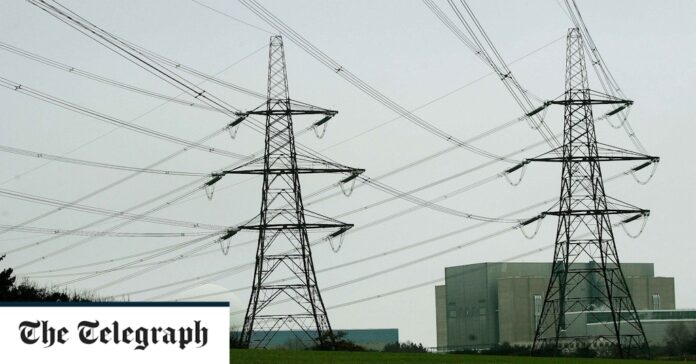Resilience – in energy networks just as in supply chains – is a vital commodity too long overlooked
The Cop 27 environmental jamboree begins in Egypt tomorrow with Prime Minister Rishi Sunak, after some hesitation, in attendance. Doubtless, world leaders will discuss yet more ambitious plans to decarbonise the world economy. They will be lectured by green campaigners demanding action to address the climate “emergency”, although not by Greta Thunberg who is skipping the summit because she considers it to be guilty of “greenwashing”.
But events of the year since Cop 26 in Glasgow have changed the energy equation in other ways. After Vladimir Putin launched his war on Ukraine, it has become painfully apparent that governments across the West – and particularly in Europe – had become dangerously complacent about security of supply. Resilience – in energy networks just as in supply chains – is a vital commodity too long overlooked.
Mr Sunak has rightly pointed out that both our security and prosperity depend on reliable, clean energy supplies. But questions remain about how he intends to deliver that. The Government has turned its back on fracking, in part because of the political resistance to exploiting shale resources. This makes it even more important that new fields in the North Sea are developed. Storage must also be increased.
But beyond that, what is its long-term energy policy? One of the ironies of decarbonisation is that it may increase demand for electricity, for example through the shift to electric cars. The problem with renewables, meanwhile, is that they are intermittent, and so the more the country depends on them, the more back-up generation is required. Realistically, that back-up will come from sources such as gas, at least in the medium-term.


